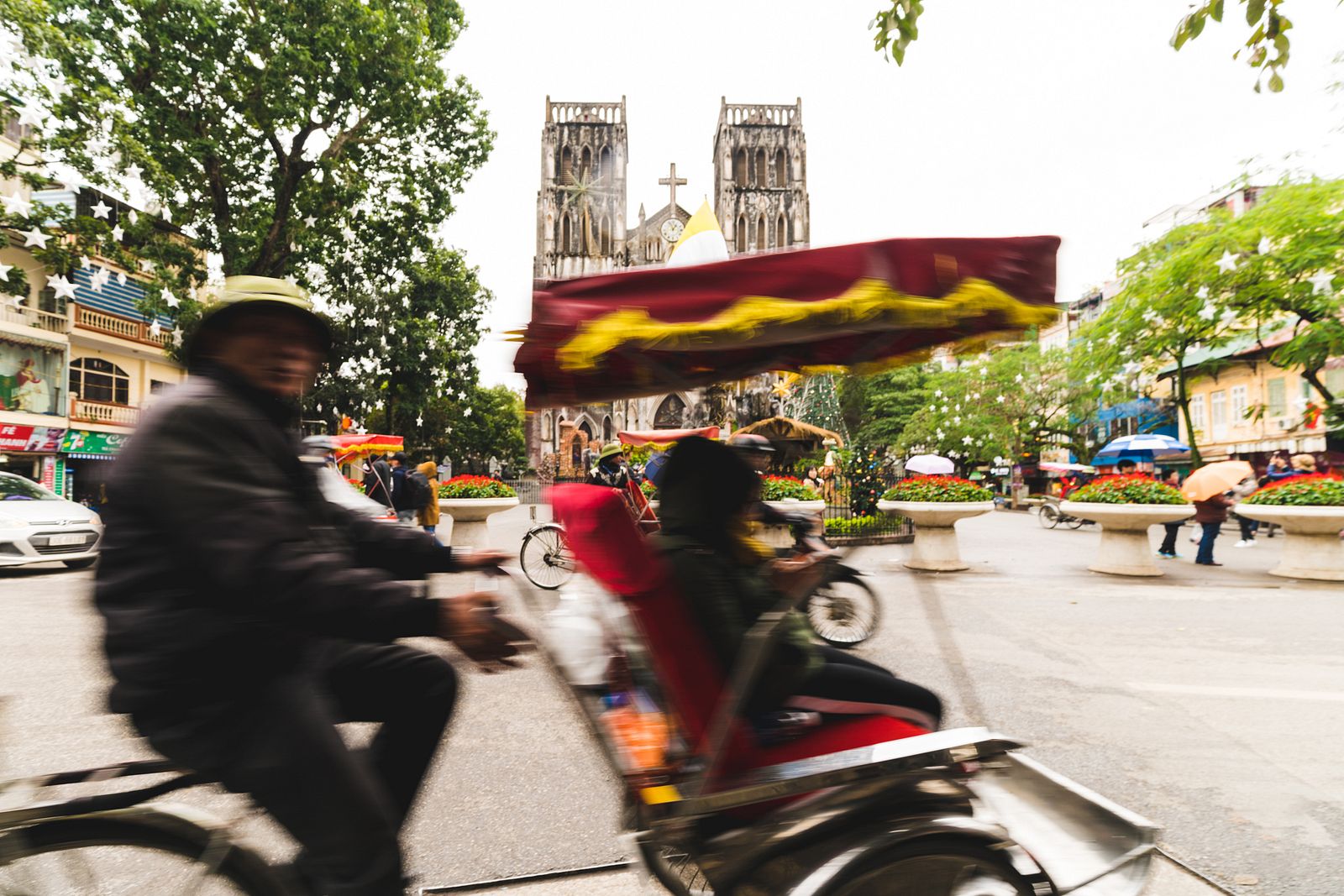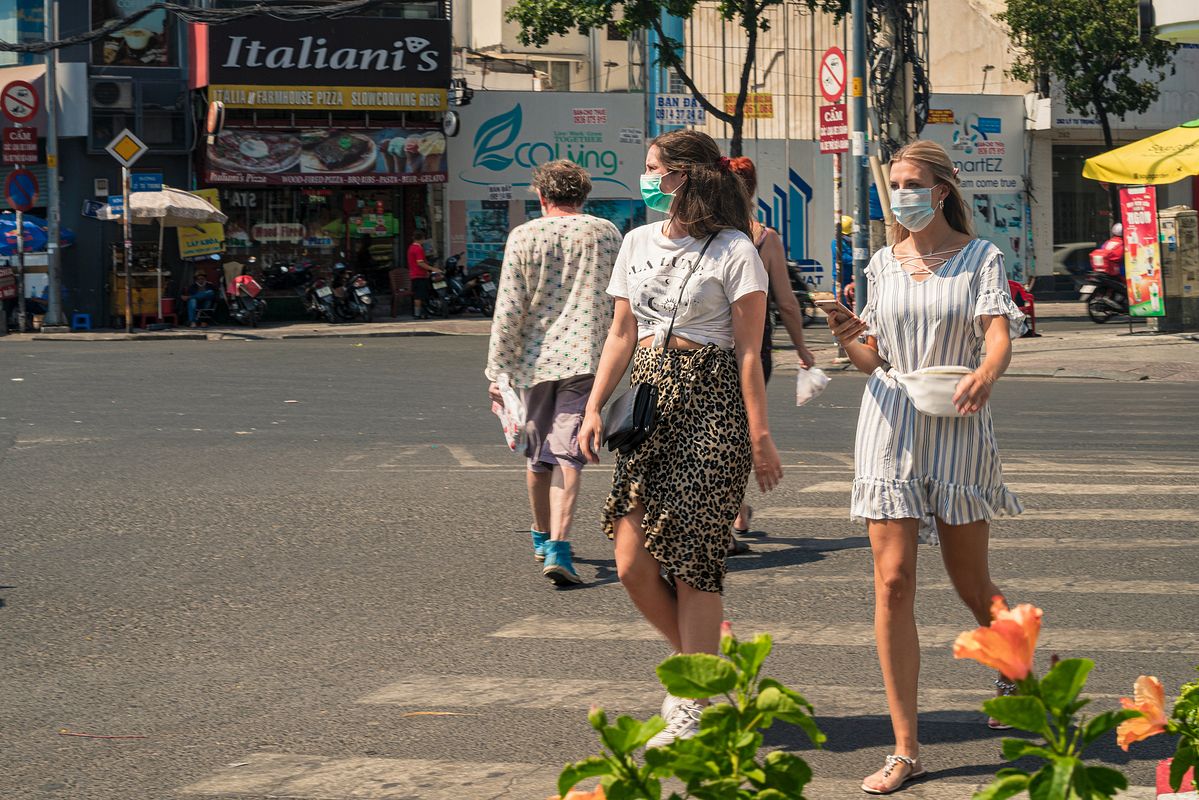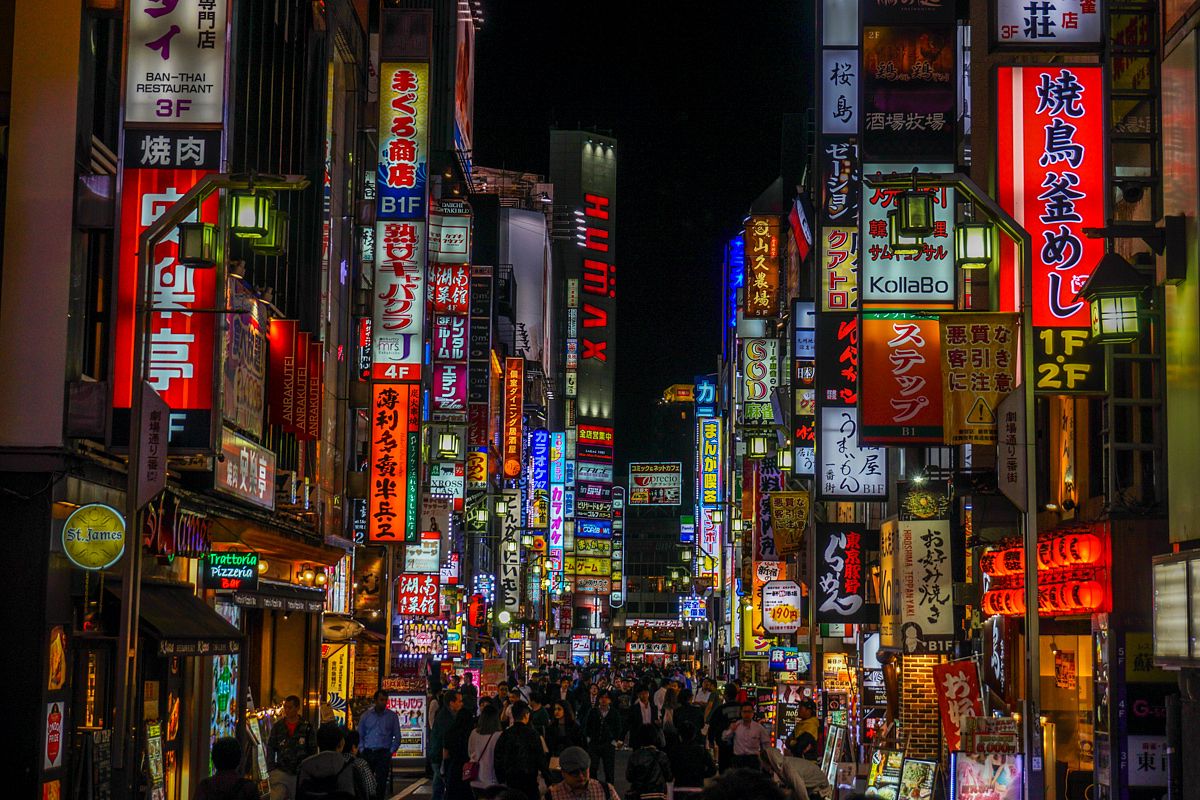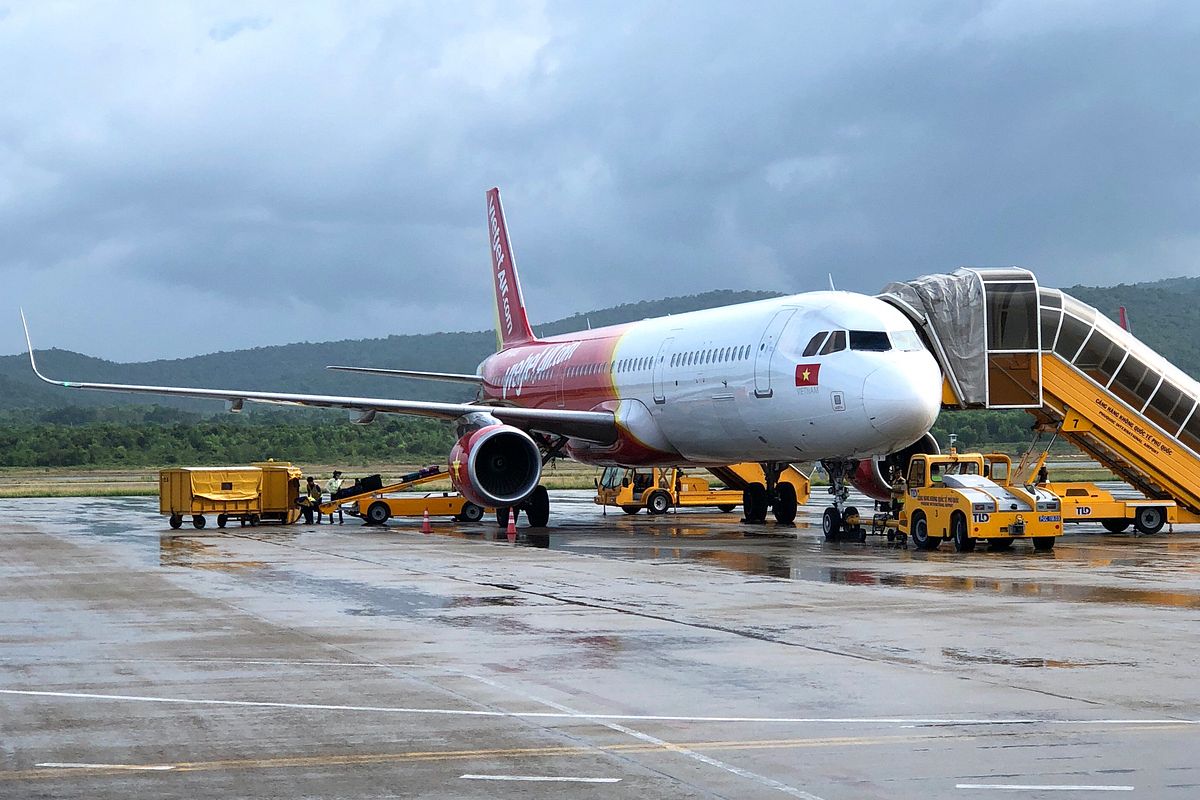As the country slowly opens for tourism, are companies and people adequately prepared?
Just months ago, 2019 set a record with over 18 million international visitors to Vietnam, which 2020 was on target to surpass. Numerous hotel, condo and villa projects were being initiated or reaching fruition. River cruises along the Mekong and up north, in Hạ Long and Lan Hạ bays, was growing, with many newly built boats and port facilities being launched.
Then came COVID-19, and the industry shut down. The ongoing pandemic has devastated the tourism industry worldwide, where it is estimated that one in 10 people are connected either directly or indirectly to the greater tourism industry. But it has particularly affected the lives of many here in this country. While Việt Nam has played an exemplary role in controlling the spread of the virus, it has forced travel companies to re-evaluate their business models.
Tourism is one of the leading inbound revenue streams for the country, and the pandemic has had far-reaching effects initiated by the closure of borders. The cessation of inbound travel immediately resulted in cutbacks or furloughs for airline and airport staff, drops in hotel occupancy, and struggles for tour companies that rely on international visitors. The ripple effect hit a number of support people whose livelihood is dependent on tourism, such as seasonal guides, drivers, boat crews, hotel staffs, food suppliers, local villagers, artisans, and restaurants that are regular stops on tours, to name just a few.

Destinations like Huế must now focus on tourists already living in Vietnam. Photo by Jim Selkin.
Having been involved in the tourism industry both overseas and here in Việt Nam, I reached out on behalf of Saigoneer to a number of my industry acquaintances at both large and boutique tour operators in Hà Nội and Sài Gòn, hotel chains and industry guides for their perspective on how they are re-aligning their businesses or personal lives in the wake of the current situation.
Linh Lê, principal and co-founder of Luxperia in Hà Nội, said, “We’re a relatively newer company, having been formally established...in 2018. But we had the good foresight to offer outbound services and expanded, in January of this year, to offer intra-Việt Nam programs ahead of the Covid crisis.”
Also based in Hà Nội is Quỳnh Nguyễn, CEO of Vietnam Now Travel, who has served international clientele for over 20 years, but also is heavily invested in domestic travel, especially to the northern regions of the country. “Regardless of where the client came from, we always focused on unique local experiences,” he said.
I then had a chance to speak with Nick Wade, managing director of Khiri Travel in Sài Gòn. “There certainly has been a shift towards domestic travel, but for an inbound B2B business such as Khiri, this would be a major change in strategy," he said. "We also feel that the packages we tend to sell are not what's in demand from the local market."
Also headquartered in Sài Gòn is Trails of Indochina, a purveyor of customized itineraries to the ultra-luxury market. Founder and CEO John Tue Nguyen said: “Our company is not planning to change our focus at the moment because domestic tourism is a completely different segment requiring time to research their interests and develop products properly.”
Running larger, diversified companies geared to an international clientele and reacting to sudden market shifts is hard. Both John and Wade said that their immediate company strategies were to concentrate on the foreign communities throughout the country.
John Nguyen added, “Of our three brands, [Trails of Indochina, IndoTrek and Heritage Line river cruising], Indotrek, which is geared to a more adventurous demographic, will be more appealing to expats and local constituents."
Philosophically, Wade agreed in principle, adding, “We believe that expat residents of Việt Nam are our most probable target demographic. There's certainly a realization that people will not be able to travel home to the EU or North America for the summer, not even to other parts of the world, so we feel we can offer our usual high levels of local, experiential travel to these clients.”

Đà Lạt was already popular with domestic tourists, and there have been reports of huge crowds there on recent weekends. Photo by Jim Selkin.
All the tour operators I spoke with used the social distancing period in March and April to re-evaluate their product offerings. Some were strategically looking ahead to when regional or international borders would re-open, while others were refining their domestic portfolios.
Lê stressed that he welcomed the opportunity and platform to raise awareness, since Luxperia had pivoted during the break: “We believe the trend for domestic travel will be positive for Việt Nam, with growth of travelers visiting domestic sites. More so, the trend to explore will also induce curiosity to travel further abroad once borders ease.” Quỳnh Nguyễn observed, “We are using this period to see how we can improve and upgrade our trip offerings. Our customers want authentic, green and sustainable experiences and to support local economies.”
With a variety of brand names such as Sofitel, Sofitel Legend, MGallery, Banyan Tree, Fairmont and Novotel, Accor Hotels has a diverse portfolio throughout Việt Nam. While reliant on both international and domestic tourists, a key point will be a consistent message across their brands as travel re-opens around the country. With that in mind, I spoke to Patrick Basset, COO for Upper Southeast and Northeast Asia, and Maldives.
“The hospitality industry is inherently a highly adaptable sector. We are constantly evolving with new product offerings in response to new trends and guest behaviors," Basset said. "We expect that people will want to travel differently — in a more responsible and safe way, and consume with a new mind-set. This could include looking for more meaning and authenticity, shying away from services and products which are generic and undifferentiated."
The “new normal in travel” is a recently minted, oft-quoted phrase that involves not just rigorous safety precautions, but a whole new way of thinking about travel.
Le, of Luxperia, said: “We have expanded our Summer Outing and Team Building programs within Việt Nam and have developed guidelines for health and safety standards going forward. And our Travel Club has harnessed their relationships with top hotels for rates to open their audience locally for immediate travel within Việt Nam.
“The domestic market is using online booking tools much more," shared Quỳnh. "They are looking for the fare combo with land experience. Many other inbound agencies closed because they were not prepared for this segment of the market.”

Major hotels focused on international visitors are struggling with borders still closed. Photo by Michael Tatarski.
Moving away from corporate circles, I also spoke with my friend David Hau, a well-respected domestic and international guide. When asked how he has handled the past few months, he said: “Being a tour guide, I am always busy, and at times I have had to live far away from my family. Since the pandemic happened, I have had no job.” He went on, “But on the positive side, it was also a chance for me to spend more time with my family and my relatives. It was great. However, I felt bored after three months of doing nothing. I missed my job, my clients and my colleagues so much.”
He is currently volunteering as an English teacher for children in his village. He added, “As travel within the country is starting to accelerate, I am hopeful this summer I can work again as a tour guide to take domestic tourists to some places within Việt Nam. And when borders open, to once again escort clients to countries such as Singapore, Malaysia and Thailand. I can’t wait!”
While none of the established Vietnamese airlines responded to requests for statements, their public websites reflected a dramatic slashing of prices for domestic travel through the end of 2020. Of course, each airline has implemented rigorous safety precautions and systems as travel starts to re-emerge.
In a battle for those who want to travel within Việt Nam, carriers such as Bamboo and VietJet are already positioned within the budget segment of the market. Long haul carriers, such as Vietnam Airlines, are now forced to slash costs to compete domestically, thus cutting profits. Packaging land with air costs is another marketing option now in play.
With cross-border and international travel into Việt Nam halted, staffs are being furloughed. Cabin crews, ground and airport personnel are some of those also affected. In addition, a few friends of mine who fly for international carriers have been out of work because they cannot re-enter Việt Nam at this time. They have taken to finding part-time jobs, and their future employment is uncertain.
In summary, travel is re-emerging in Việt Nam, albeit slowly. Because of closed international borders, the discovery of one's own country will be the priority for many people. Escaping for a relatively quick and easy trip to mountain or beach destinations has been the first choice for many to shake off the cob-webs of confinement.
But as in many countries, discovering one’s own backyard does not engage a tourism industry geared for international travelers. Locals, for the most part, don’t feel they need the services, levels of accommodation and tour offerings synonymous with those for foreigners, which is why the lens of travel for some companies is now being focused on the expat community.
Some within the industry voice a cautious optimism that borders will open and international travel will start to resume by the end of this year. However, the industry, and those who rely on it for their livelihood, are collectively holding their breaths and have been forced to look inward and evaluate their futures.














